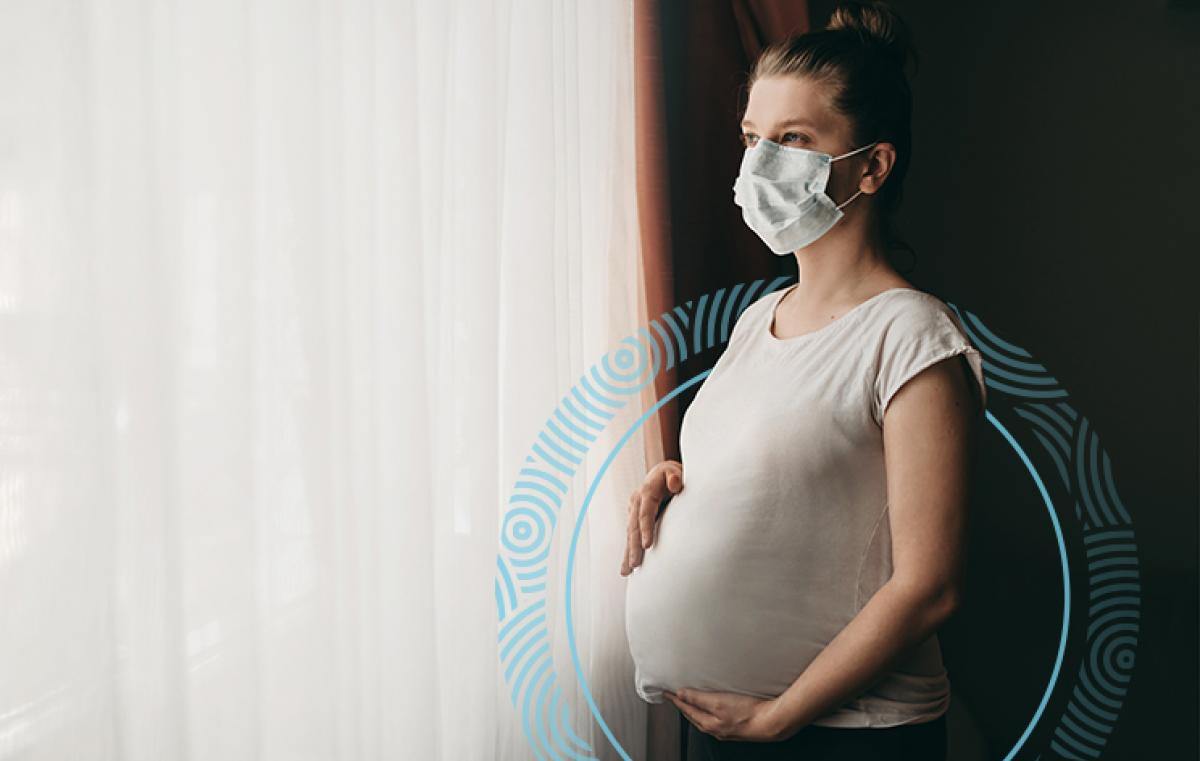Pregnancy, COVID-19 and Anxiety
Are there differences in the way Jewish and Arab women experience the COVID-19 crisis?

The repercussions of the coronavirus pandemic on the health of pregnant women and the development of the fetus are yet to be defined, which is why there is ambiguity when it comes to the level of threat and what it means to contract the virus. Prof. Orit Taubman-Ben Ari of the BIU Weisfeld School of Social Work, along with doctoral candidates Miriam Hasson and Salam Abu‑Sharkia, examined the distress of pregnant women during the outbreak of COVID-19. The researchers looked at the level of anxiety surrounding the various aspects relating to the women, their fetuses and their surroundings.
336 pregnant women took part in the research, which was held from the middle to the end of March 2020. 225 of them were Jewish and 111 of them were Arab. The women answered a self-report questionnaire in which they were asked to relate to a range of topics and mention how anxious they were about each one. Among the findings: being in a public space or public transportation triggered a high to very high level of anxiety (70% among Jewish women and 87.5% among Arab women); there is high to very high fear of a family member contracting the virus and fear for the wellbeing of the fetus (71.7% and 70%); there is hesitation to attend tests that involve the pregnancy (68.7%); the fear and level of anxiety for financial damage caused by the pandemic is low on the list (38.1% mentioned as high or very high).
It was clearly shown that the Arab women reported a higher level of anxiety.
Alongside the comparison between Jewish and Arab women, the research also compared the level of anxiety towards contracting the virus among women who are mothers to be as opposed to women who are already mothers. There were no differences found in that comparison.